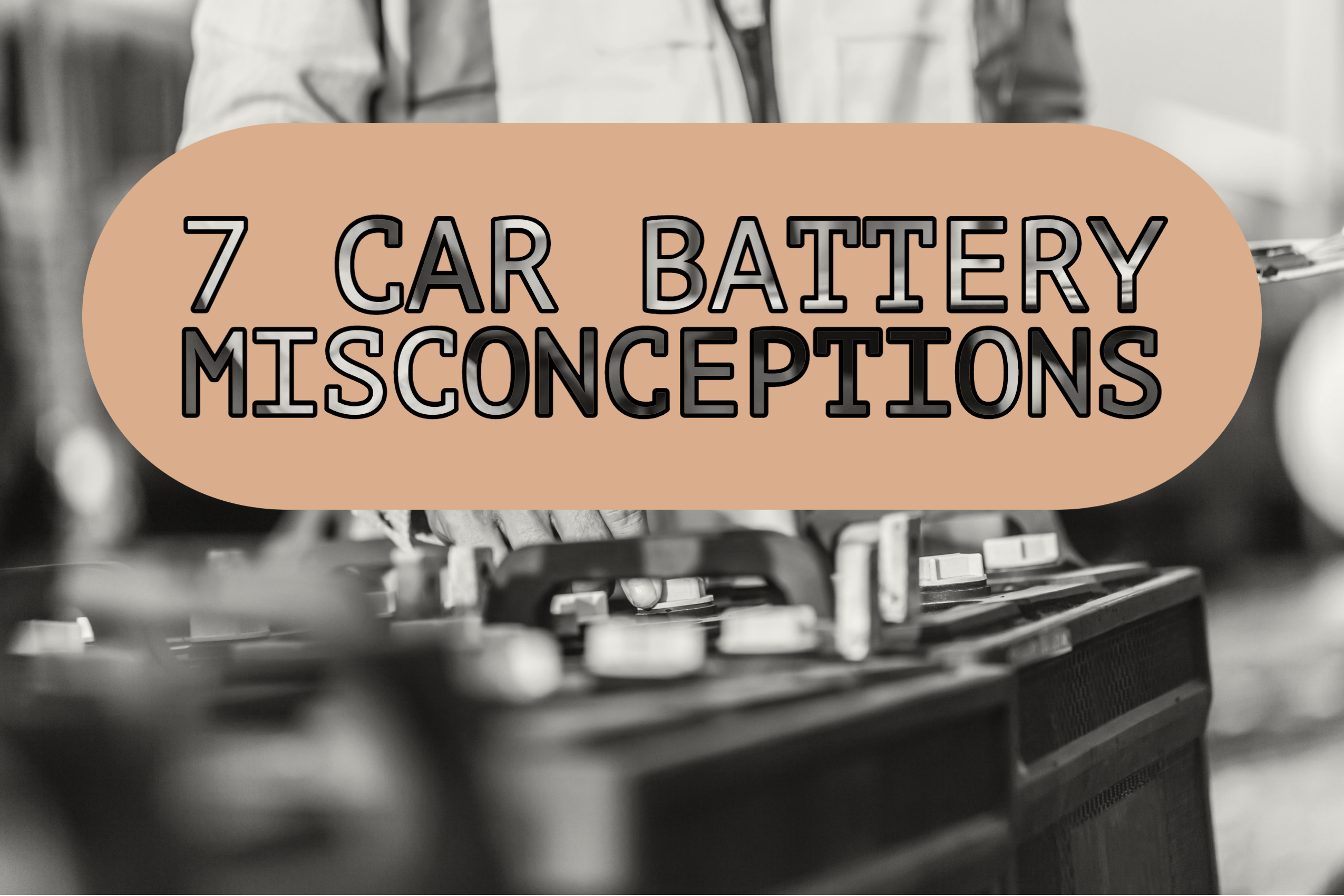Car batteries are a crucial component in ensuring the smooth operation of any vehicle, from starting the engine to running its lights and accessories. However, there are a lot of common misconceptions surrounding car batteries that can lead to confusion and misinformation. In this article, we will explore the top 7 most common myths about car batteries and provide factual information to dispel them. By gaining a better understanding of the facts and myths surrounding car batteries, you can ensure that your battery lasts longer and your vehicle operates as efficiently as possible. Whether you’re a seasoned driver or a new car owner, it’s important to understand the truth about car batteries to keep your vehicle in good condition.
Myth 1: A car battery will last forever
Fact: Unfortunately, no car battery lasts forever. Most car batteries will last between 3 and 5 years, depending on how well they are maintained and how often they are used. Over time, the battery will lose its ability to hold a charge, which means it will need to be replaced.
Myth 2: A car battery will recharge itself while driving
Fact: While it is true that the alternator in your car will recharge the battery while you are driving, this does not mean that the battery will recharge itself fully. If you frequently use accessories like air conditioning or stereo, it may take longer for the battery to recharge fully.
Myth 3: You can jump-start a dead battery using any vehicle

Fact: While it is possible to jump-start a dead battery using another vehicle, it is important to make sure that the vehicle providing the jump-start has a similar voltage and charging system to your own vehicle. Using a vehicle with a different voltage or charging system could cause damage to your battery or electrical system.
Myth 4: You should always disconnect your battery when the vehicle is not in use
Fact: While it may seem like a good idea to disconnect your battery when your vehicle is not in use, this is not necessary and can actually cause more harm than good. Modern car batteries are designed to maintain a charge for several weeks, so there is no need to disconnect the battery if you are not using the vehicle for a short period of time.
Myth 5: A larger battery is always better
Fact: While a larger battery may seem like it would provide more power and last longer, this is not always the case. The battery size that is best for your vehicle depends on the manufacturer’s recommendations and the electrical demands of your vehicle.
Myth 6: You can tell if a battery is good by looking at it

Fact: While the condition of the battery case can give you some indication of the battery’s age and condition, it is not a reliable way to determine the battery’s health. The only way to know for sure if a battery is good is to test it using a battery tester or multimeter.
Myth 7: You can charge a dead battery by driving around for a few minutes

Fact: While driving around for a few minutes may help to recharge a partially discharged battery, it is not enough to fully recharge a dead battery. In most cases, a dead battery will need to be recharged using a battery charger or replaced altogether.
In conclusion, there are many common misconceptions about car batteries that can lead to confusion and even damage to the battery itself. By understanding the facts and myths surrounding car batteries, you can ensure that your battery lasts as long as possible and that your vehicle runs smoothly. Remember, if you ever have any questions or concerns about your car battery, it is always best to consult with a professional mechanic or battery specialist.


Hi! Just wondering- what template did you use for your website?